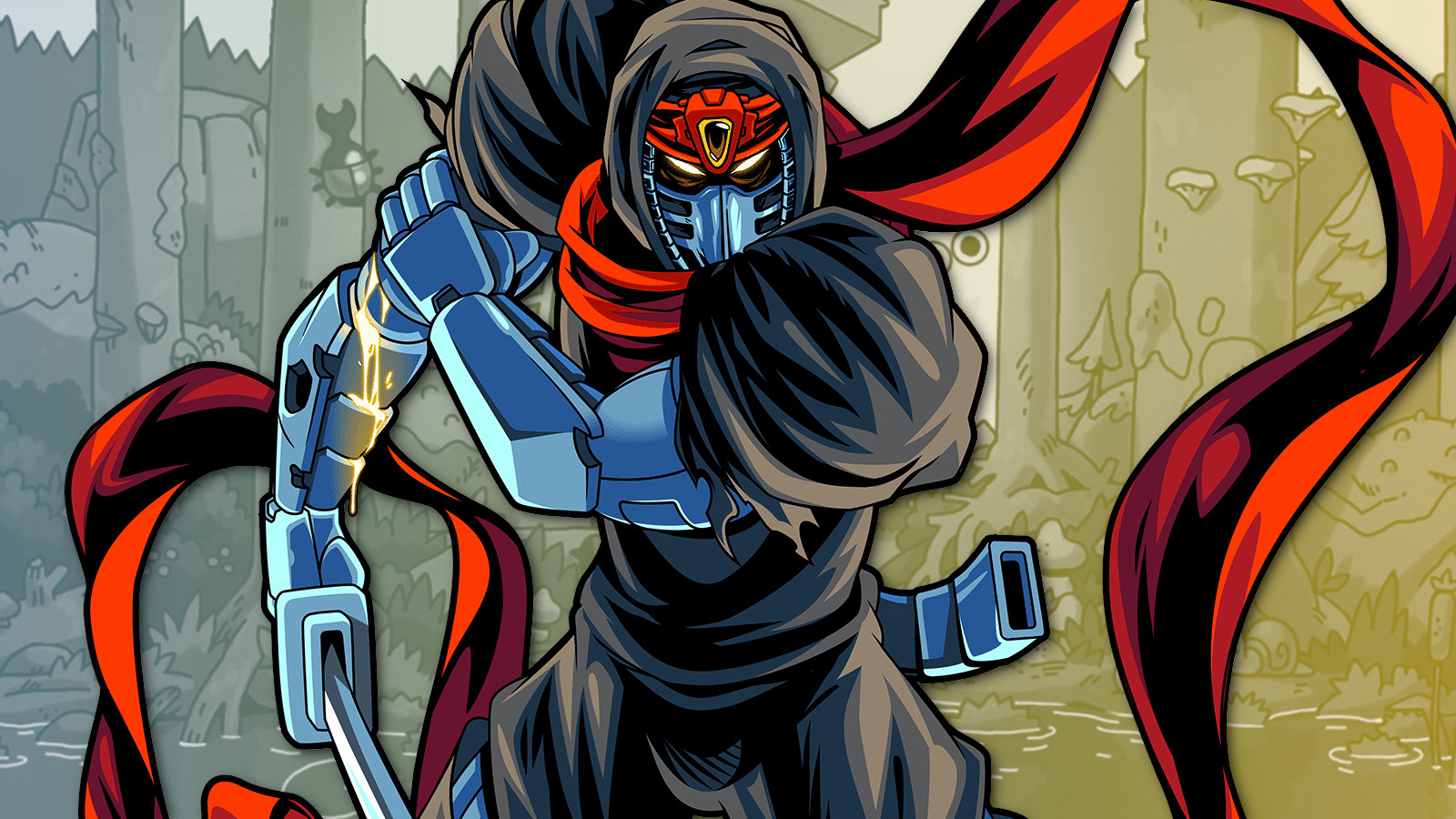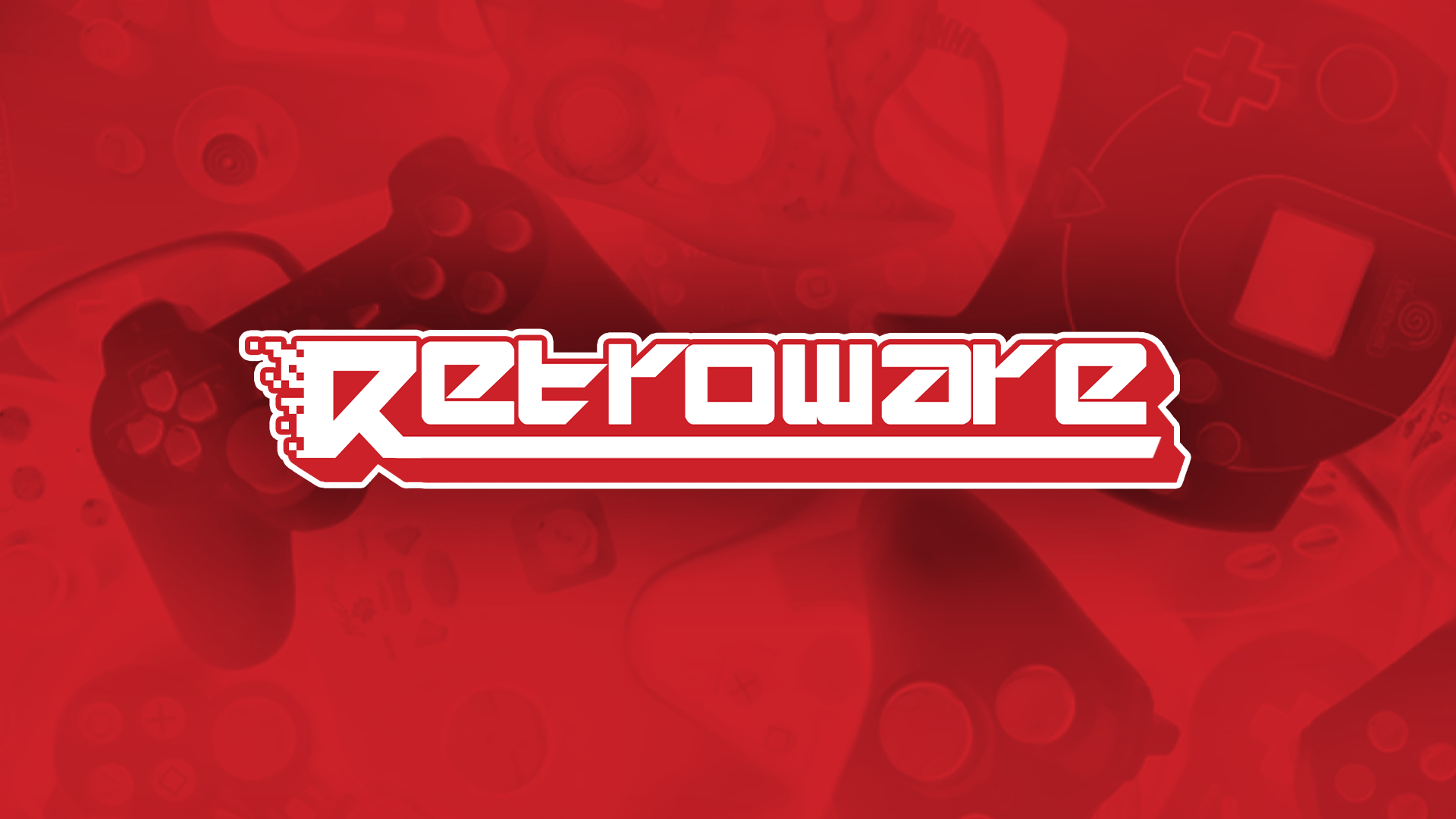Share
Where the Heart Leads is one of those games that’s incredibly difficult to review, because it will likely affect different people in different ways. For my part, it’s one of the few games I’ve ever played that hit me on a deeply emotional level, stirring up countless questions about the nature of life and the choices we make. I know that sounds hyperbolic, but Where the Heart Leads is a game all about the choices of a common life and how we treat those around us.
The game follows Whit Anderson, a family man who has a massive sinkhole opens up on his property in the country. When the family dog falls down the hole White tries to save them and ends up falling down the hole himself. From there White enters a strange world where he relives the past, traveling through the different decades of his life, with countless choices to change his past, present, and future.
Where the Heart Leads is best described as a narrative adventure, although the game almost exclusively focuses on dialogue and choice. As Whit starts out as a child you get to know the various characters that make up his life; his overbearing father Aldwin, his “hippy” brother Sege, his childhood crush, and later wife Rene. There are a few ‘major’ points of Whit’s life that you play through, like his teenage years, middle age with young children, and older years with grown children. Mixed in with these major years are different kinds of vignettes that can play depending on the choices you make.

There are quite literally thousands of choices to make across the experience, all of which tie into who Whit is as a person. Many of these choices do have a tangible impact on how the story plays out, like deciding whether or not to reveal your father’s secret business investment to your mother. Whit and his family live outside the city of Carthage but move into it as he gets older. A major part of the story revolves around getting to know each of the characters, what their hopes and dreams are, their commitment to family, etc. The relationship between Whit and his brother Sege, in particular, was one that was especially resonant for me.
Whit, the more responsible younger brother, and Sege the more idealistic older brother mirrors my own relationship with my brother, and ultimately that leads to what I think the beauty of Where the Heart Leads is. These relationships and stories are grounded in real life, they aren’t fantastical, although the game does have some fantastical elements. Many players will find different pieces of the game that resonate with them or different stories that stand out. As I move into my 30s and start worrying more about the future, I can understand the anxiety that Whit and Rene feel as they begin to build a family.
Each of the game’s characters is wonderfully written, and all their stories weave together in interesting ways right up until the end. Player choice3 is a hard thing to get right, but Where the Heart Leads makes each choice feel impactful to the cast of characters you’ve started to care about. Just a simple look at screenshots and the game’s trophy list tells me there’s a wide variety of different scenes and outcomes I never even remotely saw. Because of that, I’d highly encourage anyone reading this review to read other reviews for Where the Heart Leads, as I imagine other reviewers could have had significantly different paths through the game.

If there’s one major complaint I can weigh against the game, it’s a lack of a compelling soundtrack. I like the main theme quite a bit, and the rest of the soundtrack is supposed to be soothing and fade into the background. It does achieve that, however, there just aren’t very many tracks in the game, and you’ll be hearing a lot of the same music over and over as you explore Carthage.
Another thing that’s important to point out is the diminutive text size, which can genuinely be an accessibility problem. During the review process, however, Armature Studio took feedback from reviewers and released a patch that allows players to increase text and text box size. It would, of course, be preferable to not have it be a problem in the first place, but I have to acknowledge how promptly Armature tried to rectify the issue.
Where the Heart Leads is one of the truest representations of real-life choices I’ve seen in video games. Again, I know I sound hyperbolic here but it’s an experience that made me think about the decisions I’ve made in my life, especially with the crossroads I’m currently at. It’s a game that absolutely is not for everyone, especially considering its absurdly slow pace.
It’s clear that Where the Heart Leads has been built off of the personal experience of its developers, and there’s a unique kind of beauty in seeing a game stick wholesale to its vision. Everyone’s mileage will vary, but I can’t imagine a game sitting with me more this year than Where the Heart Leads.




